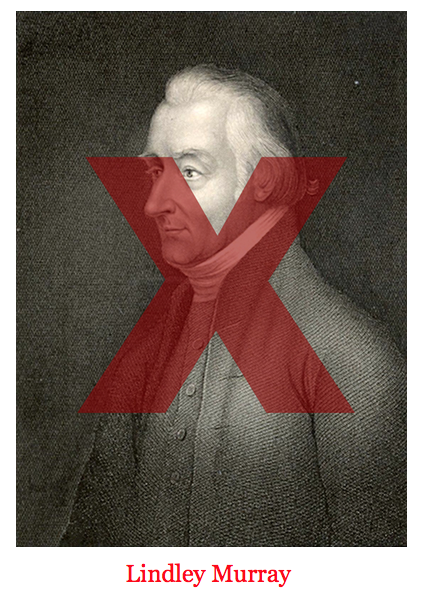It’s time to replace my Scrabble Players Official Dictionary: The 4th edition has just been published (The third edition was released in 1995.)
This new edition is raising eyebrows because it includes some slang, including a word that’s new to me: innit.
In case you’re wondering (I was!), innit can roughly be translated as “isn’t it?” It’s classified as an “invariant tag” – an unchanging phrase that can be added to the end of a sentence. Popular invariant tags in English include “you know?” and “okay?” They’re generally considered nonstandard, meaning they shouldn’t be used in formal writing.
Here’s an example of how you might use innit: We should make reservations soon, innit?
Iit’s not an expression I plan to start using.
But the BBC, no less, is warning sticklers like me not to be so hoity-toity. Here’s what one of their language experts said about innit:
Although its use varies between different groups of speakers, each individual will have their own grammatical rules on when ‘innit’ can and can’t be used.
Several things caught my eye when I read their statement. “Different groups of speakers” is, to my mind, a copout. If you’re the kind of person who visits the BBC website, you want to fit in with educated people who speak a certain kind of English with prescribed rules and practices. Innit is not going to show up in your conversation unless you’re joking around.
Another point the BBC made later on was, however, useful: “Invariant tags are common in other languages: Spanish has ¿verdad? and ¿no?, German has nicht war? and the non-standard oder? and French has n’est-ce pas?”
It’s a good reminder for people who insist, against all evidence, that language is supposed to be logical. Name a grammatical rule, and you’ll probably find that at least one language routinely breaks it, even in formal writing. (The double negative is a good example: It’s perfectly acceptable in educated Spanish.)
One more detail in the BBC statement caught my eye: The pronoun agreement error: “each individual…their”. (It’s supposed to be “each individual…his or her.”)
Frankly, I’m relieved. I hate “his or her,” and I often curse Lindley Murray, the man who saddled us with this rule, or at least got the ball rolling. Feminists made a bad situation worse by adding “or her” to that irritating “each individual…his.”
An annoying situation, innit?


